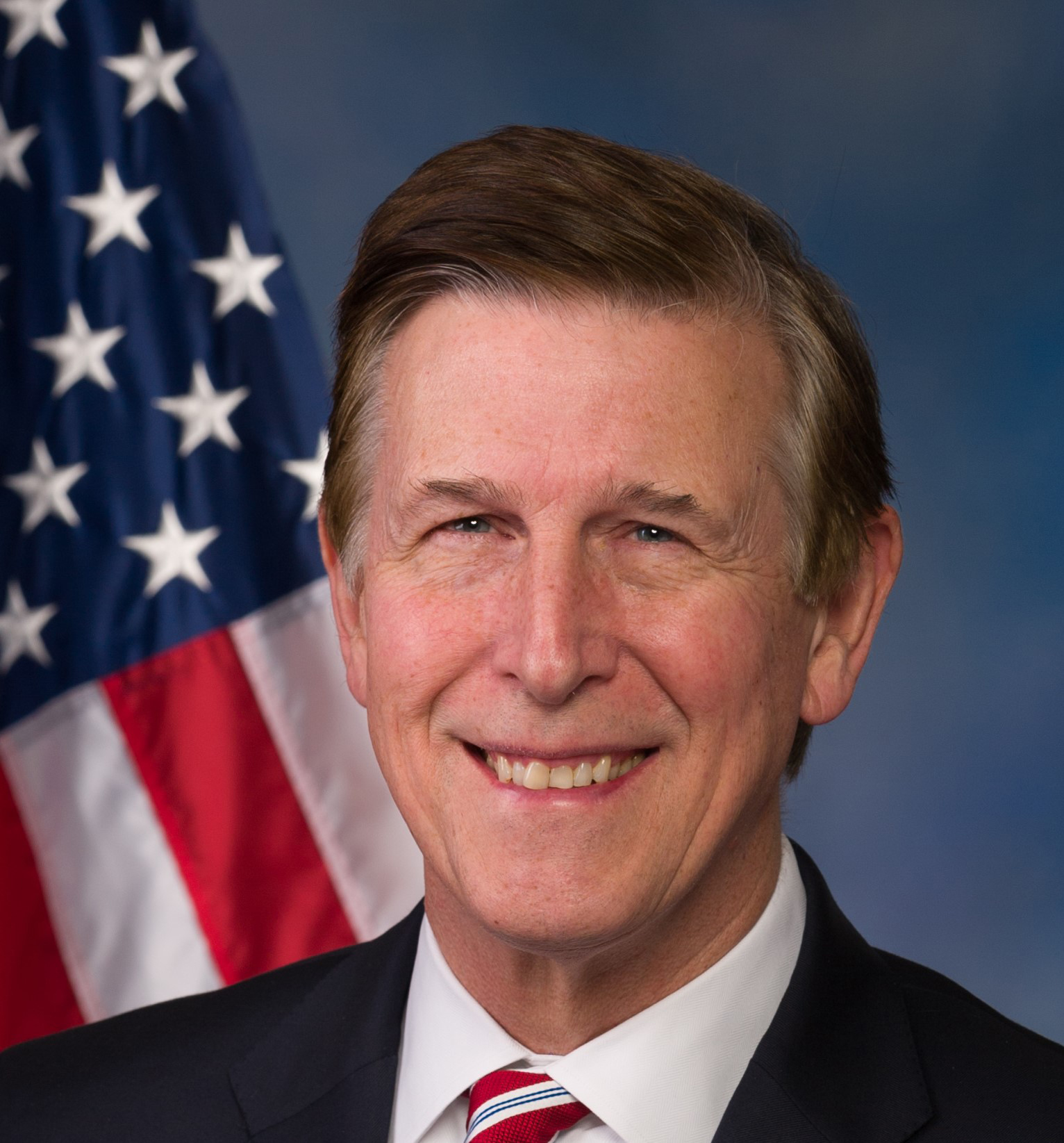By John E Deaton
I started CryptoLaw to provide everyday investors with a “clearinghouse of information, news and analysis on key U.S. legal and regulatory developments for digital asset holders”. After the massive fraud at FTX was exposed, something that unfolded right under the nose of the Securities and Exchange Commission (SEC), I am only more passionate about continuing this work for the digital asset holders.
It still seems that we don’t have anyone protecting us. Now more than ever we need to press Congress to hold bad actors and government agencies accountable for what they’ve done and what they failed to do.
Sam Bankman-Fried defrauded millions of customers and investors of billions of dollars while he was the toast of Washington. SEC Chairman Gary Gensler has been claiming “the rules are clear” on crypto and that his agency has the authority to regulate the whole space. He said FTX should have been registered, and that would have somehow prevented this from happening. But when lawmakers from his own political party ask him what compliance and registration actually means, they get no answers, only more talking points.
Gensler repeats over and over that for retail holders and investors, like those defrauded by Bankman-Fried, the solution is for exchanges to “come in and register” but the details end there. If Gensler is telling the truth that the “rules are clear”, then he failed miserably at enforcing them. His Enforcement Division has spent much of its resources suing Ripple and LBRY in long, non-fraud cases that failed to protect a single investor while the FTX fraud was happening right under its nose.
Through the “decentralized justice” of hundreds of digital asset holders investigating government documents, we learned that Gensler and the SEC met with Bankman-Fried at least three times. Good journalists and Congressional offices took that information and discovered that the subject of those meetings was a regulatory deal that would recognize FTX as a sanctioned crypto exchange. Gensler refuses to answer questions or release notes and documents from those meetings that will clarify what was discussed, or why the fraud was never detected.
Bankman-Fried is a fraud. He’s been arrested and will face prosecution and likely a long prison sentence. But that’s only part of what went wrong here. The SEC’s mission statement is “to protect investors; maintain fair, orderly, and efficient markets; and facilitate capital formation.”. In this instance, and in the crypto overall, Chairman Gensler and the SEC failed on every point.
Accountability and regulatory clarity are the two most important things that we need now. The bipartisan hearing of the House Financial Services Committee on December 13 was a positive step forward, where it seemed most of the committee members agreed that they have to step in and write the rules that Gensler has refused to produce. The also promised to investigate Gensler’s repeated misfires and distractions that do little or nothing to protect anyone. Those lawmakers need our support, collaboration and pressure to get it done.









